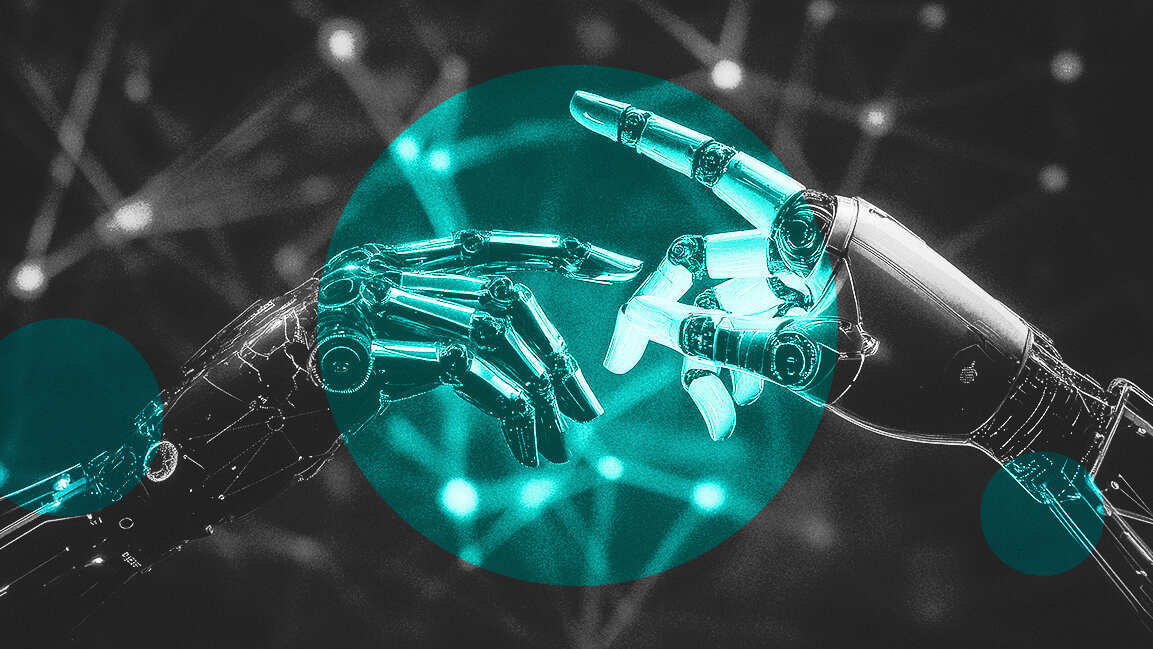- | 1:00 pm
New ‘Tactile Skills’ AI framework boosts robotic precision and skill learning
The framework offers robots a structured, curriculum-like learning process based on expert-defined tasks, allowing faster skill acquisition.

A new research breakthrough led by Mohamed bin Zayed University of Artificial Intelligence (MBZUAI) is helping robots perform complex, tactile tasks with greater precision and reliability, addressing a longstanding challenge in automation.
Spearheaded by Sami Haddadin, MBZUAI’s Vice President for Research, along with former PhD student Lars Johannsmeier and collaborators Yanan Li from the University of Sussex and Etienne Burdet from Imperial College London, the study introduces a novel framework called Tactile Skills. The research was published in Nature Machine Intelligence on June 23.
Inspired by the human nervous system and vocational training techniques, the Tactile Skills framework provides robots with a structured learning process similar to a specialized curriculum.
The system incorporates a taxonomy of expert-defined task specifications, enabling robots to acquire new physical skills more efficiently and adaptively.
Tested on 28 industrial tasks, including plug insertion and precision cutting, the approach achieved near-perfect success rates, even under changing conditions.
Unlike conventional machine learning methods that rely on large datasets or extensive trial and error, Tactile Skills integrates expert-defined knowledge with reusable tactile control components, resulting in faster training and lower energy consumption.
One key demonstration involved assembling a bottle-filling device used in manufacturing, highlighting the method’s industrial viability.
The framework also simplifies deployment, allowing operators without robotics expertise to program and use robotic systems with reduced setup times and costs.
According to Haddadin, the research represents a significant step toward widespread automation.
“This breakthrough doesn’t merely improve how robots handle specific tasks, it reshapes what’s possible for automation, making versatile and reliable robotic skills broadly accessible for industries and everywhere, and ultimately our homes,” he said.































